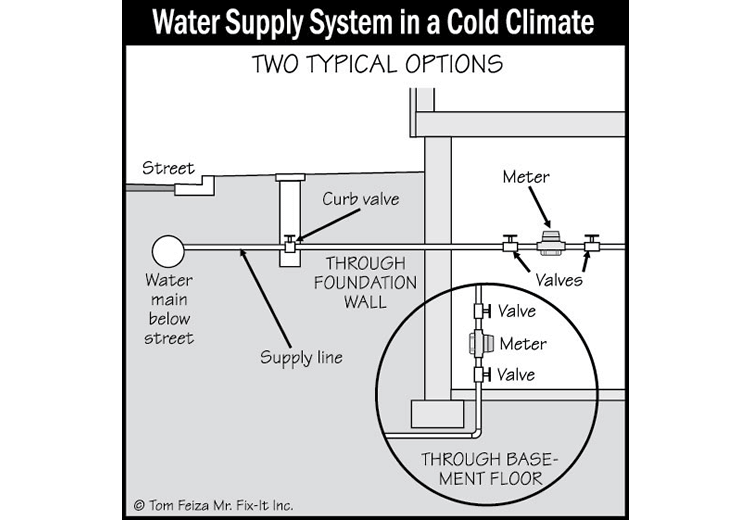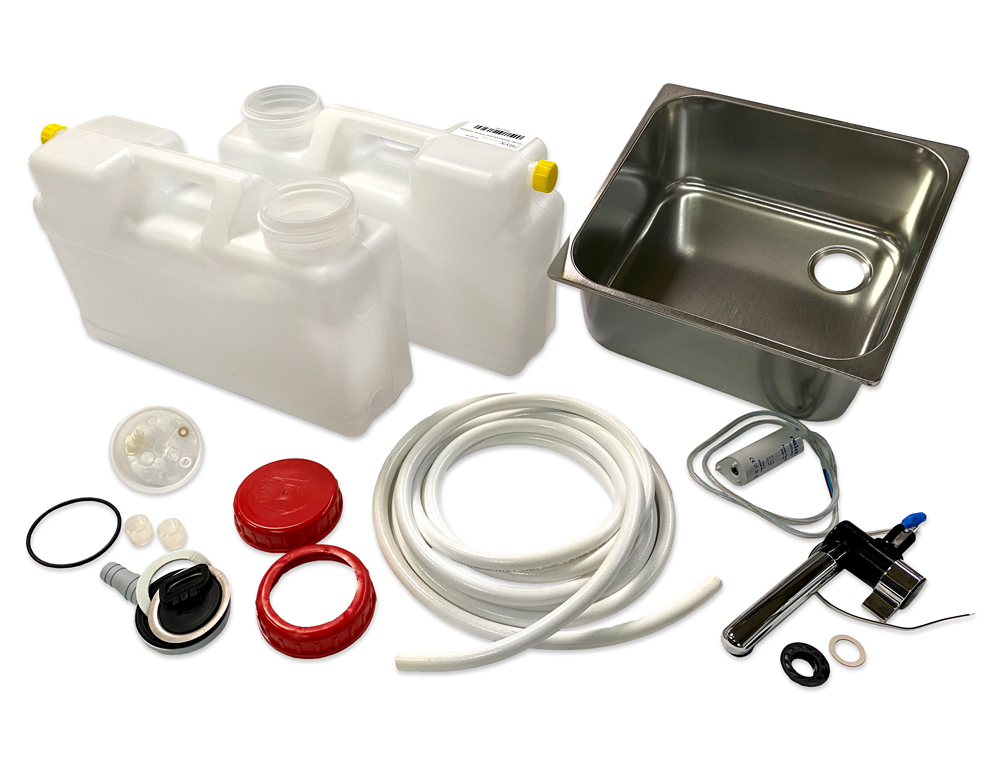Understanding Your Home’s Water Supply Lines

Water supply lines are essential components of your home’s plumbing system, responsible for delivering clean water from the municipal supply or well to various fixtures throughout your house. Understanding these lines can help you maintain your plumbing system, prevent leaks, and ensure safe water quality.
Types of Water Supply Lines
| Material | Description | Pros | Cons |
|---|---|---|---|
| Copper | Durable metal pipes commonly used in plumbing. | Long-lasting, corrosion-resistant | Expensive, can corrode in acidic water |
| PEX (Cross-linked Polyethylene) | Flexible plastic tubing gaining popularity. | Easy to install, resistant to freezing | Can be damaged by UV light, not suitable for outdoor use |
| PVC (Polyvinyl Chloride) | Rigid plastic pipes used mainly for cold water. | Affordable, lightweight | Not suitable for hot water, can become brittle over time |
| Galvanized Steel | Steel pipes coated with zinc to prevent rust. | Strong and durable | Prone to corrosion and clogging over time |
How Water Supply Lines Work
Water supply lines connect your home to the main water source. The water pressure pushes water through these pipes to faucets, showers, toilets, and appliances. Valves along the lines allow you to control water flow and shut off water in emergencies or for repairs.
Common Issues with Water Supply Lines
- Leaks: Caused by corrosion, loose fittings, or physical damage.
- Clogs: Mineral buildup or debris can restrict water flow.
- Burst Pipes: Often due to freezing temperatures or excessive pressure.
- Corrosion: Leads to water discoloration and pipe deterioration.
Maintenance Tips
- Regularly inspect pipes for signs of wear or leaks.
- Insulate pipes in cold areas to prevent freezing.
- Replace old galvanized pipes with modern materials.
- Use water softeners if you have hard water to reduce mineral buildup.
FAQ
Q: How can I tell if my water supply lines need replacement?
A: Look for signs like frequent leaks, rusty water, low water pressure, or visible corrosion.
Q: Can I replace water supply lines myself?
A: Minor repairs might be DIY-friendly, but full replacements should be handled by a licensed plumber.
Q: What is the best material for water supply lines?
A: It depends on your budget, local water quality, and installation needs. PEX is popular for its flexibility and ease of installation.
Q: How do I prevent my pipes from freezing?
A: Insulate exposed pipes and keep your home heated during cold weather.
Understanding your home’s water supply lines empowers you to maintain a safe and efficient plumbing system. Regular maintenance and timely repairs can save you from costly damages and ensure a steady flow of clean water.
